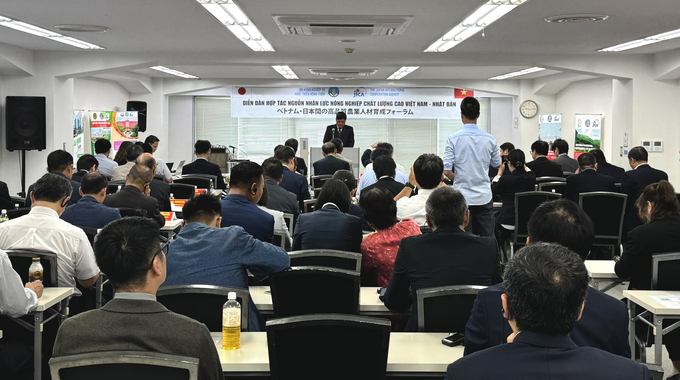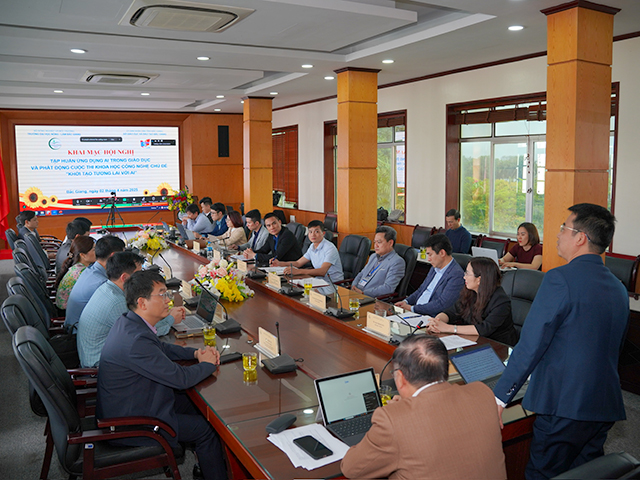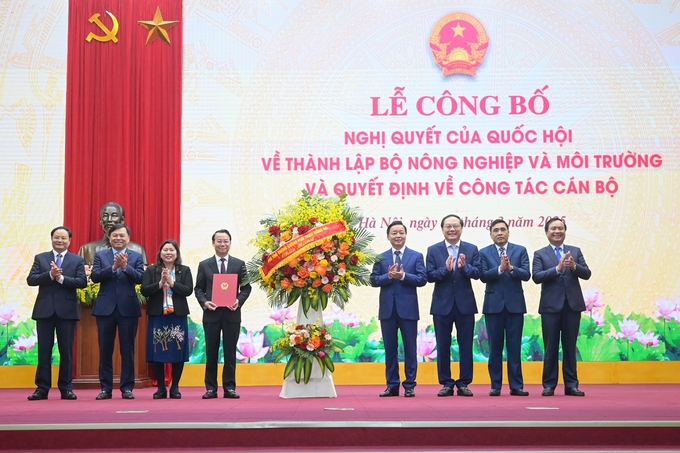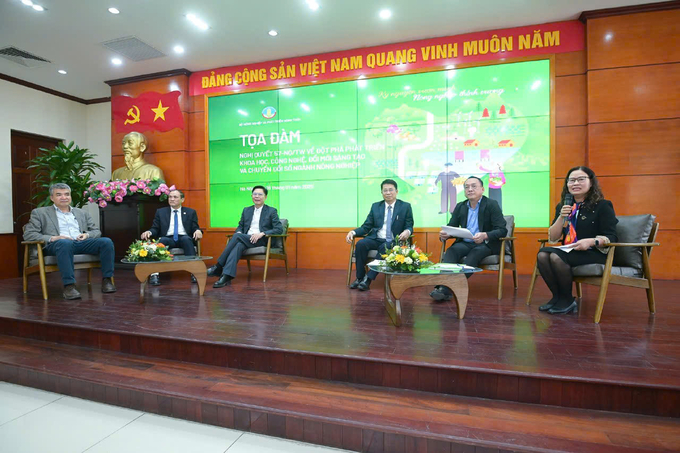(BAFU) – On the morning of August 21st in Tokyo, Japan, the Ministry of Agriculture and Rural Development (MARD) in coordination with the Japanese International Cooperation Agency (JICA) organized the Forum on Cooperation in High-quality Agricultural Human Resources between Vietnam and Japan.

The forum “Vietnam-Japan cooperation in high-quality agricultural human resources” took place on the morning of August 21 in Japan
Through the Forum, higher education Institutes under the Ministry of Agriculture and Rural Development and 10 Vietnamese enterprises exchanged information on potential cooperation in training, scientific research and, and the recruitment of high-quality agricultural laborers for employment in Japan. Also attending the Forum were representatives from the Ministry of Agriculture, Forestry, and Fisheries of Japan, as well as the Labor Counselor and Trade Counselor of the Vietnamese Embassy in Japan.
Currently, when the world is facing many challenges in a scarcity of high-quality human resources, an aging population, climate change, and agricultural security. The cooperation between Vietnam and Japan has become more necessary than ever. In particular, the development of high-quality human resources, particularly in training, is an important pillar to solve traditional and non-traditional difficulties and challenges.
Leadership of the Ministry of Agriculture and Rural Development stated: “in comparison to the potential and requirements for developing high-quality human resources of the two countries, the results of cooperation in training and supplying high-quality human resources are not commensurate with the actual demands “.

Deputy Minister Tran Thanh Nam delivering his welcome speech
Deputy Minister Tran Thanh Nam stated in his welcoming remarks that Japan has supported Vietnam in the application of modern technology and techniques, such as the construction of irrigation systems, the development of efficient irrigation systems, the application of advanced livestock and crop cultivation techniques, and the development of post-harvest processing and preservation technologies, since the establishment of official diplomatic relations.
Opportunities for collaboration in agricultural training and research in Vietnam. were clarified in the presentations of 5 Vietnamese delegates, including Prof. Dr. Trinh Minh Thu, Rector of Thuyloi University, Prof. Dr. Pham Van Dien, Rector of Vietnam National University of Forestry, Prof. Dr. Pham Bao Duong, Rector of Bac Giang Agriculture and Forestry University, and Prof. Dr. Pham Van Cuong, Vice Director of Vietnam National University of Agriculture.


Prof. Dr. Pham Bao Duong, Rector of Bac Giang Agriculture and Forestry University presented on the opportunities for collaboration in agricultural training and research in Vietnam
The recruitment needs and conditions for Vietnamese students and workers to work in factories, farms, food processing workshops, warehousing, and logistics were presented by Vietnam’s Japanese partners, including JICA, Upraise Company, Hiroshima University, Miyazaki Prefecture, and several businesses. This was particularly relevant in light of Japan’s aging and declining population.
In addition to collaboration in education and the utilization of human resources, organizations and municipalities in Japan are also exploring potential opportunities for collaboration in the areas of research and technology transfer. For instance, Niigata Prefecture operates an agricultural education platform that fosters collaboration among industry, education, finance, and local government to offer practical and diverse training.
Mr. Satoshi Koike, Director of Niigata’s Agricultural Education Program, reaffirmed the shared strengths of Niigata Prefecture and Vietnam in rice production, as well as the shared objective of establishing a sustainable food system that is resilient to climate change, reduces greenhouse gas emissions, and employs integrated pest management. In his opinion, the utilization of technology and human resources in agriculture, particularly in the production of high-quality rice, will be facilitated by the experience of Japanese localities in Vietnam.
Source: VAN
Edited by Center for Information and Library – BAFU








